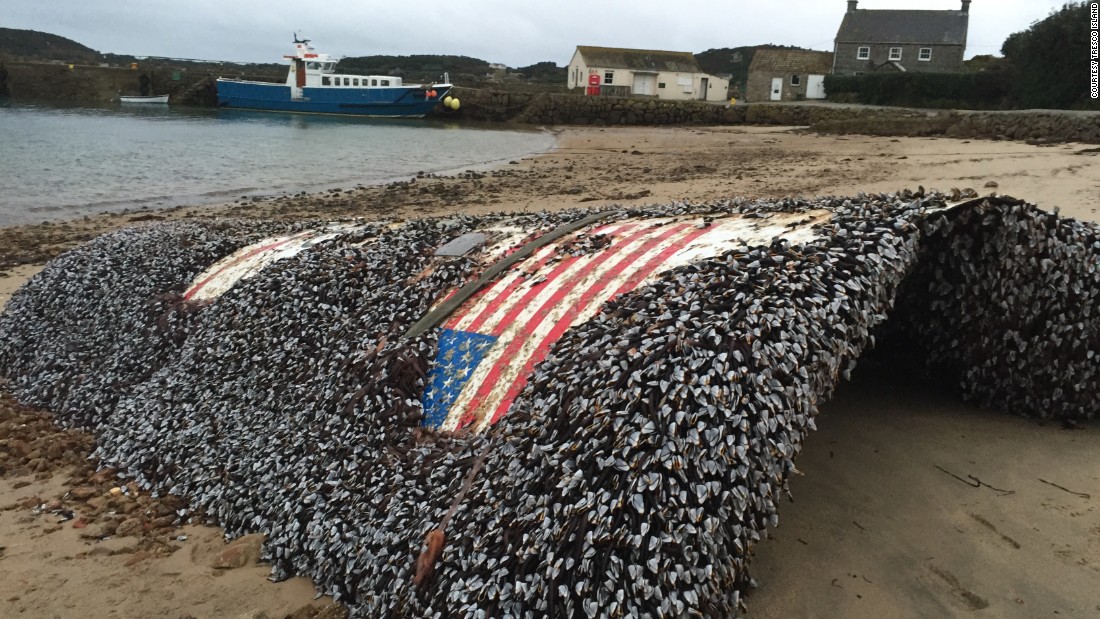
Multiple flights were diverted or delayed on Tuesday after the Federal Aviation Administration (FAA) issued a safety warning following a controlled burn of a SpaceX rocket. The debris from the Falcon 9 rocket, which launched on Sunday, was expected to re-enter the Earth’s atmosphere and pose a potential risk to aircraft.
The FAA’s warning affected flights in and out of several airports in the southeastern United States, including Atlanta, Charleston, and Jacksonville. Dozens of flights were diverted to other airports or delayed until the debris passed through the affected airspace.
According to the FAA, the debris from the Falcon 9 rocket could cause damage to aircraft if it were to collide with one. The agency warned that the debris could fall within a 10-mile-wide elliptical area, creating a potential hazard for air traffic.
The FAA’s decision to issue the safety warning was based on data from the U.S. Space Force. The Space Force tracks objects in space and is responsible for informing the FAA about potential hazards to air traffic.
SpaceX, the company that launched the Falcon 9 rocket, apologized for the disruptions caused by the debris. In a statement, the company said that it is working with the FAA to ensure the safety of aircraft and that it will continue to monitor the situation closely.
SpaceX also said that it is taking steps to minimize the amount of debris that falls back to Earth in the future. The company is developing a new rocket design that will produce less debris upon re-entry.
In order to avoid future disruptions to air travel, the FAA and SpaceX are considering alternative landing sites for future Falcon 9 rockets. Instead of landing the rockets in the Atlantic Ocean, the agencies are exploring the possibility of landing them on a floating platform or on land.
Landing the rockets on a floating platform would allow SpaceX to control the location of the debris. Landing the rockets on land would allow the company to recover and reuse the rockets, which would reduce costs.
The FAA’s safety warning caused significant disruptions to air travel in the southeastern United States. However, the agency’s actions were necessary to ensure the safety of aircraft. SpaceX is working to minimize the amount of debris that falls back to Earth in the future, and the FAA and SpaceX are considering alternative landing sites for future Falcon 9 rockets.
The incident highlights the challenges of balancing the growth of the space industry with the safety of air travel. As the number of space launches increases, the FAA and SpaceX will need to work together to develop new strategies to ensure that the two industries can coexist safely.

You may also like
-
Evacuation Orders Issued For Moss Landing Battery Plant Fire; Residents Asked To Close All Entry Points
-
Residents Ordered To Evacuate After Fire Breaks Out At A Power Plant In Central California
-
World’s Largest Battery Plant On Fire In Central California
-
DeSantis Picks Florida Attorney General Ashley Moody To Replace Marco Rubio
-
DeSantis Announces Choice For Senate Appointment After Rubio's Expected Resignation